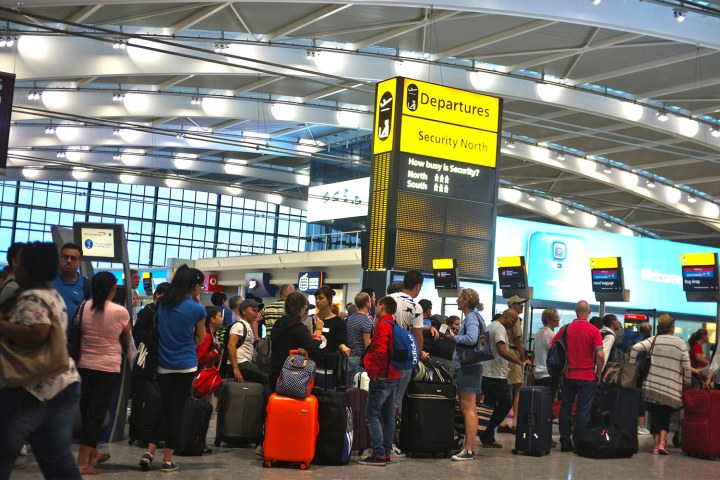
The Department of Homeland Security (DHS) is seeking to allow U.S. Customs to ask for foreign travelers’ social media details, such as their Facebook and Twitter usernames.
A new proposal seeks to add social media info to the arrival and departure forms that foreign nationals are required to complete. The “social media identifier” as it is termed is described as an “optional data field to request social media … to be used for vetting purposes, as well as applicant contact information.” It does not, however, permit the DHS to ask for a traveler’s social media passwords, meaning their public posts will be the ones under review.
In terms of its benefits to the DHS, the document states: “Collecting social media data will enhance the existing investigative process and provide DHS greater clarity and visibility to possible nefarious activity and connections by providing an additional tool set which analysts and investigators may use to better analyze and investigate the case.”
Last year, it was revealed that the DHS was planning to allow officials to examine visa applicants’ social media accounts. The initiative came to light shortly after the San Bernardino mass shooting, which saw the perpetrators post radical messages on social media before carrying out the crime. The new proposal has been modified to cover all non-citizens entering and leaving the U.S., including those travelling without a visa.
Extremist and radical content has continued to plague social media sites such as Twitter and Facebook. Earlier this year, Twitter announced that it had suspended 125,000 accounts related to terrorist groups such as ISIS. More recently, Facebook came under fire when it was revealed that the Orlando nightclub shooter identified as Omar Mateen had been posting hateful messages across a total of five accounts on the social network. Both platforms’ policies state that they do not tolerate “hate speech” on their respective services. However, with such large communities, social media sites often rely on users, and the authorities, to point out violations to their guidelines before they take action.


